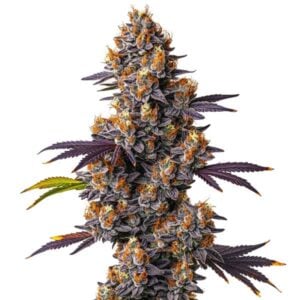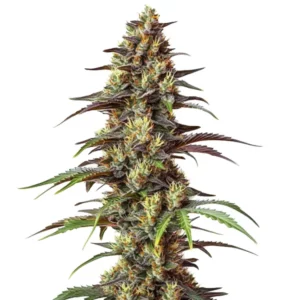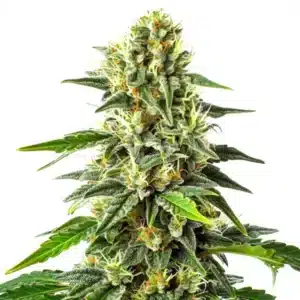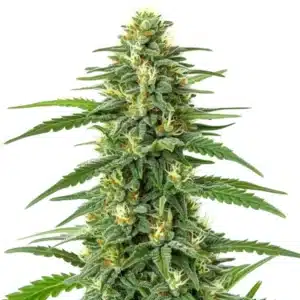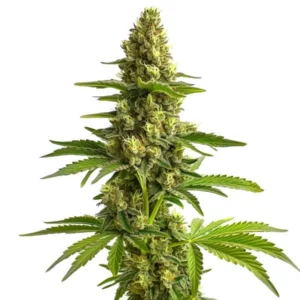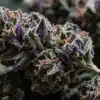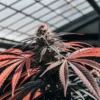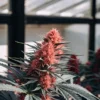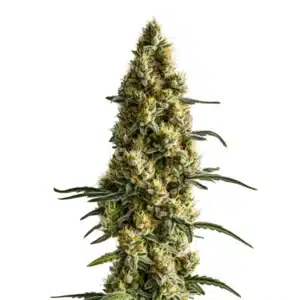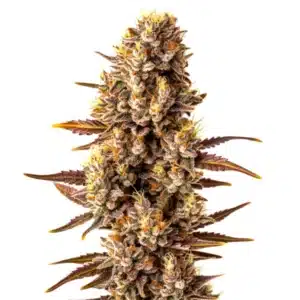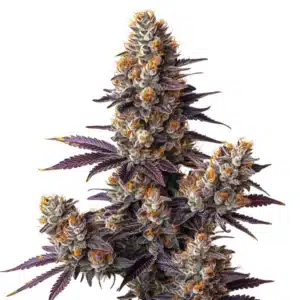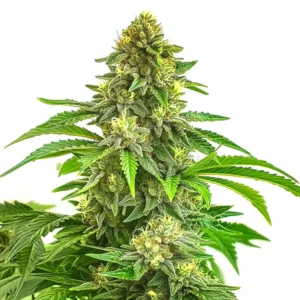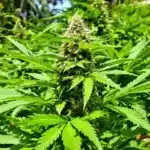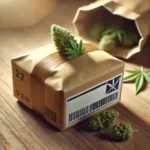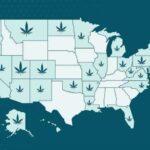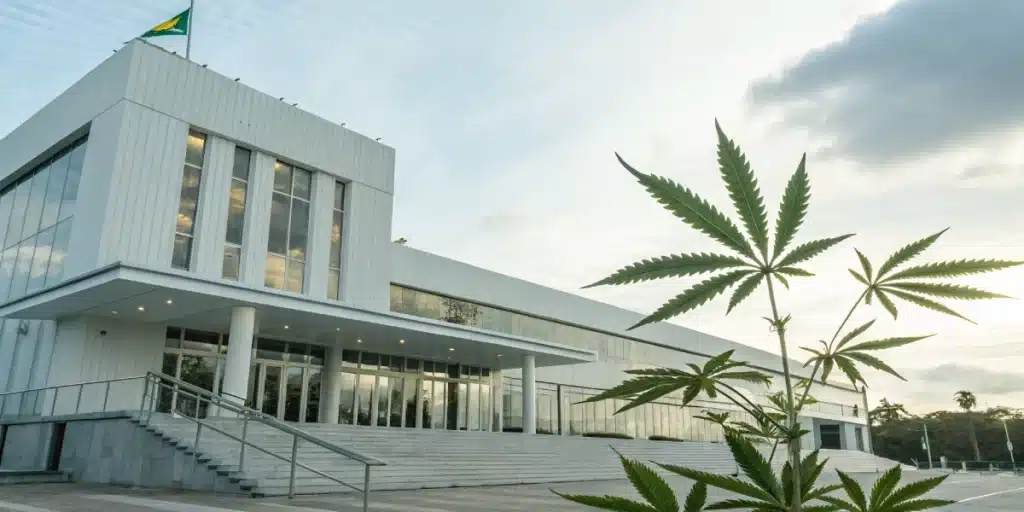
Is Cannabis Legal in the Bahamas? Laws and Insights
Legal History and Context
Evolution of Cannabis Policies
The journey of cannabis legality in the Bahamas shines as a vivid testimony to the vibrant culture that shapes these islands. In earlier decades, people viewed cannabis strictly through a lens of prohibition much like many other regions worldwide. By the late 20th century, lively debates about drug policy reform burst into the public arena. In the 1970s, the Bahamas imposed harsh measures against cannabis, aligning closely with the global anti-drug campaigns driven by the “War on Drugs” and strict regulatory frameworks. This chapter in history helped define social attitudes that still influence policy decisions today.
In recent years, government officials and community leaders embraced a more progressive mindset. Decision-makers now recognize potential benefits in cannabis, especially for its medicinal applications and for boosting economic opportunities. Citizens and influencers now demand a shift away from rigid bans, and they call for nuanced regulations that integrate societal values with international trends. As discussions about is cannabis legal in the bahamas continue in public debates, people appreciate a richer context and wider acceptance.
Recommended Strains
Tropicana Cherry Cannabis Extraction
|
|
THC | 16% - 24% (Medium) |
|
|
Type | Cannabis Extraction |
|
|
Yield | High |
|
|
Phenotype | 40% Indica / 60% Sativa |
Tropicana Cookies Purple
|
|
THC | 21% - 22% (Medium) |
|
|
Type | Feminized |
|
|
Yield | Medium |
|
|
Phenotype | 55% Indica / 45% Sativa |
Historical Influences in the Bahamas
To fully comprehend the current landscape of cannabis legality, one must examine the historical background that sculpted it. The Bahamas, with its diverse cultural tapestry woven from African, European, and indigenous threads, displays a history full of resistance and adaptability. The colonial period imposed Western ideologies that painted cannabis usage negatively. This early influence influenced local attitudes and set a pattern of strict regulation.
After gaining independence in 1973, Bahamians actively shaped their national identity while often mirroring legal systems from abroad. Many citizens continued to see cannabis as a dangerous substance, which led to the enforcement of stringent laws against its cultivation and consumption. Over time, changing global narratives and progressive ideas spurred local debates about reform. These historical influences prove vital as the nation continues to determine if is cannabis legal in the bahamas fits modern values and economic potentials.
Promos & Deals
Current Legal Status
Recreational vs. Medical Use
When people ask, “Is cannabis legal in the Bahamas?” they must first distinguish recreational use from medical applications. At present, authorities maintain that cannabis remains illegal for recreational purposes. Law enforcement agencies impose strict penalties on possession and distribution. In contrast, the Bahamas took a major step forward in 2020 by passing legislation that permits the regulated medical use of cannabis under clear protocols.
This progressive legislative change reflects growing recognition of cannabis’s therapeutic benefits. Patients with various illnesses now access cannabis treatments when they follow strict guidelines. Advocates, patients, and experts regularly debate if is cannabis legal in the bahamas should extend to recreational use, while critics firmly oppose such measures. The discussions continue to evolve as citizens and policymakers search for a balanced system that meets both health needs and public safety.
Classification and Regulatory Framework
The Bahamian government classifies cannabis under the Dangerous Drugs Act, which the authorities use to designate it as a prohibited substance for non-medical purposes. In contrast, officials operate a specialized framework for medical cannabis that requires businesses and growers to secure licenses. The Cannabis Licensing Authority enforces detailed standards for cultivating, processing, and distributing medical cannabis products.
Authorities actively audit and inspect facilities while requiring licensed doctors to prescribe products. Citizens and entrepreneurs now discuss whether is cannabis legal in the bahamas aligns with international safety standards and economic expectations. This dynamic framework creates a secure environment for patients and builds consumer trust through rigor and accountability. Stakeholders continue to push for improved regulations that support innovation while keeping public health paramount.
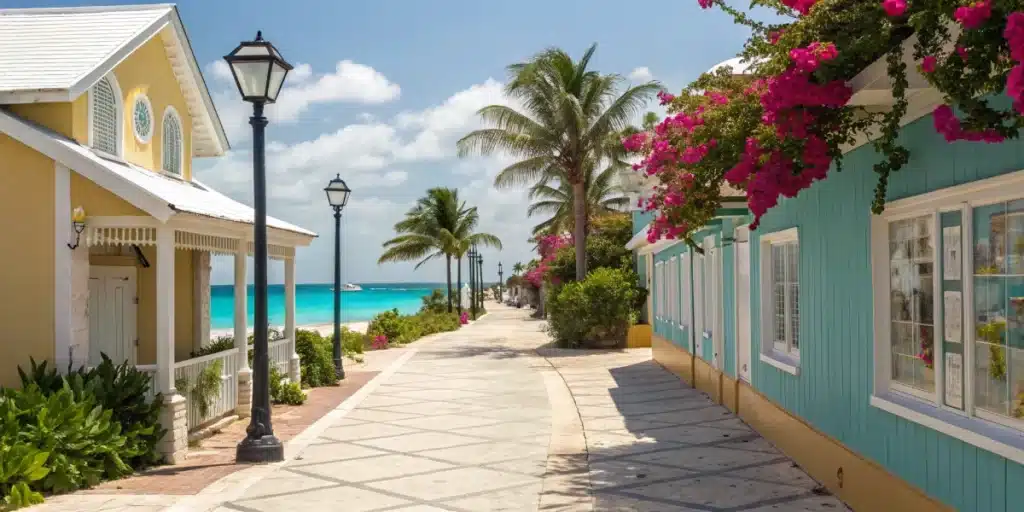
Enforcement and Penalties
Law Enforcement Approaches
Agencies in the Bahamas actively uphold cannabis laws, and they use robust enforcement to deter illegal activities. In urban centers, police officers use strict interventions to intercept unlawful cannabis trade, while authorities in rural communities sometimes exhibit more leniency in light of local customs. Enforcement teams work closely with community organizations to educate citizens about the risks and legal consequences related to cannabis.
Officers frequently engage in public outreach and training programs that explain the legal framework, while government bodies continuously reassess if is cannabis legal in the bahamas should be modified based on evolving social attitudes. Local law enforcement dedicates energy and resources to both reducing crime and encouraging community participation. Their proactive measures aim to keep communities safe and ensure adherence to current laws without compromising fairness.
Penalties for Illegal Possession
The Bahamas enforces strict penalties for possessing cannabis without proper authorization. Individuals caught with cannabis confront immediate legal repercussions that range from hefty fines to extended jail time, depending on the amount and circumstances. Law enforcement officials and judicial authorities impose these penalties to deter crime and maintain a safe public space.
Many citizens express concern over how these severe measures affect vulnerable communities, and critics argue that such penalties sometimes worsen social inequalities. Activists and reform advocates persistently debate if is cannabis legal in the bahamas should be reformed to balance deterrence with social justice. These ongoing debates contribute to discussions on how to achieve fairer consequences while still preserving public safety.
Public Opinion and Social Impact
Cultural Perspectives on Cannabis
Public sentiment about cannabis in the Bahamas mirrors the country’s diverse cultural heritage. Long-held traditional values often cast cannabis in a negative light, and many citizens historically stigmatized its use. However, modern influences and the spread of scientific research now promote more balanced views. Young people, in particular, challenge old stereotypes and voice support for progressive reforms.
These shifting attitudes spark energetic conversations across communities. Citizens share personal stories and local histories that highlight cannabis’s potential benefits for health and creativity. Gradually, more people accept that robust conversations about if is cannabis legal in the bahamas belong in every community meeting. This lively debate plays a critical part in shaping future policies and social expectations regarding cannabis.
Impact on Tourism and Economy
The legal status of cannabis in the Bahamas affects not only individual lifestyles but also the country’s tourism and economic prospects. Tourists from around the world visit the Bahamas for its stunning landscapes, and many now consider cannabis-friendly destinations when planning vacations. Potential legal reforms could open opportunities for cannabis-based tourism and related business ventures that spur job creation.
Local entrepreneurs and government officials explore how loosening restrictions on cannabis might boost economic growth. If authorities reexamine whether is cannabis legal in the bahamas, they might tap into a valuable market that aligns with global trends. While the current rules restrict recreational cannabis, ongoing dialogues link potential reform efforts to greater financial gains and enhanced tourism appeal.
Legal Prospects
Discussions on Reform
Citizens, experts, and government representatives now engage in lively debates on cannabis reform. Many advocates push for revising outdated policies in favor of regulatory systems that support both public health and economic growth. Reform enthusiasts claim that establishing new laws would enable patients and entrepreneurs to benefit from modern science and progressive ideas. These spirited conversations have already influenced early proposals, and public opinion appears to evolve quickly.
Numerous stakeholders actively contribute ideas and participate in public forums that examine if is cannabis legal in the bahamas should transform with changing times. Community leaders, medical experts, and legal professionals exchange views that highlight both cultural values and modern demands. The collective input from various voices energizes these reform talks and sets the stage for a more inclusive policy landscape.
Potential Changes in Policy
Government officials and industry leaders now collaborate on proposals that could reshape the legal framework around cannabis. Many propose establishing a regulated market for recreational cannabis, as other progressive regions have demonstrated. Advocates push for clearly defined guidelines that protect public safety while allowing economic benefits to flourish. These potential changes might encourage more tourists and stimulate new business sectors within the archipelago.
Officials continue to consult experts and review international best practices to inform their decisions. They explore multiple pathways to determine if is cannabis legal in the bahamas might expand in the future. Stakeholders project that policy shifts will eventually create a safer, more transparent environment that integrates proven models from other nations. The collective efforts promise to modernize the legal landscape while addressing both consumer demands and public concerns.
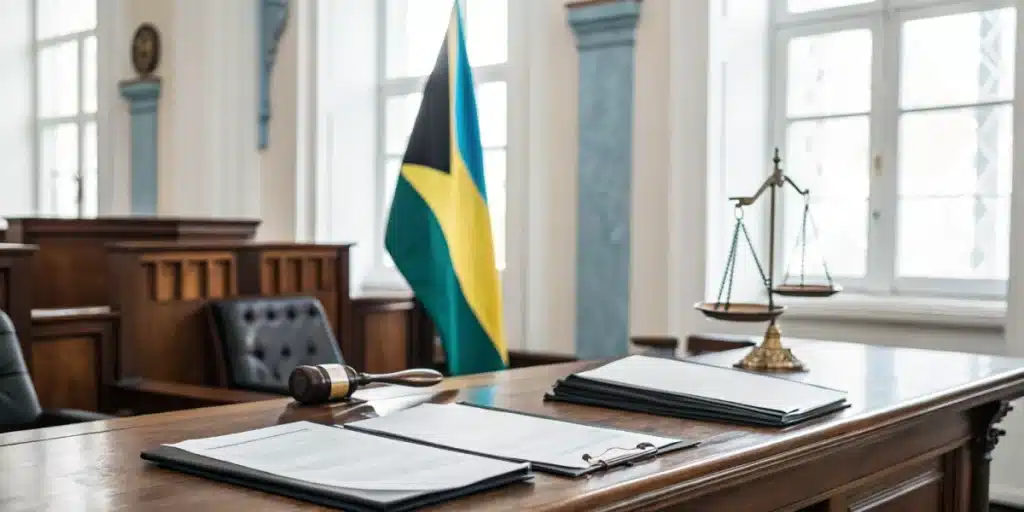
FAQs about is cannabis legal in the bahamas
What is the current status of cannabis for recreational use in the Bahamas?
Currently, authorities maintain that cannabis stays illegal for recreational use in the Bahamas, imposing strict penalties on possession and distribution. Law enforcement teams enforce these regulations vigorously while the public remains aware of the legal consequences. Many citizens express concern about social impacts, and debates continue in community meetings. Discussions often address if is cannabis legal in the bahamas in its current form and what future changes might appear on the horizon.
How does the Bahamas regulate medical cannabis?
In the Bahamas, government agencies manage medical cannabis through a detailed licensing system that grants access to patients with valid prescriptions. Regulatory bodies require cultivators, processors, and distributors to meet exacting standards. These measures ensure product quality and public safety while facilitating access for those who need alternative treatments. Many experts and citizens keep asking if is cannabis legal in the bahamas because they seek clarification on aligning modern health policies with traditional practices.
Are there any plans to change current cannabis laws in the near future?
Active debates suggest that future legal modifications may occur, though officials have not yet approved specific changes. Industry leaders and reform advocates study economic benefits and social impacts carefully. Many community voices address if is cannabis legal in the bahamas when they push for reforms that might lead to broader legalization. Ongoing discussions promise potential changes, yet decision-makers continue working with current regulations to ensure public safety and order.



